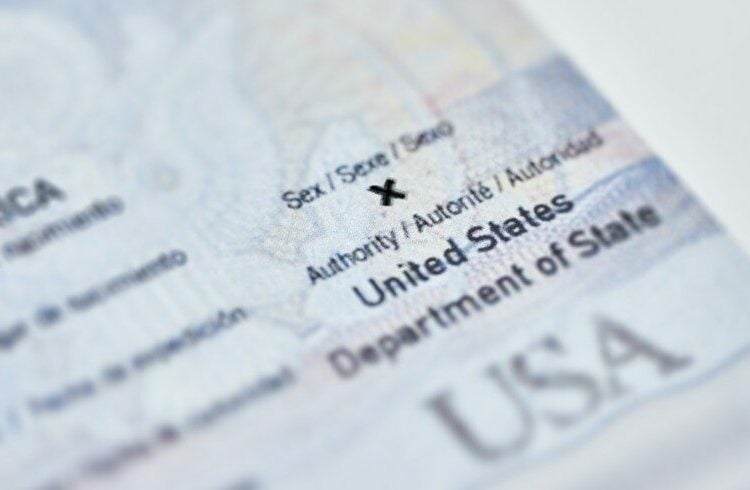The Supreme Court of the United States has allowed the President Donald Trump’s administration to enforce a policy requiring US passports to list an individual’s sex according to their sex assigned at birth, a decision which has stirred reactions from LGBTQ+ advocates.
The ruling temporarily ends the option for Americans to self-select their gender or use an “X” designation for non-binary, intersex and gender non-conforming applicants.
Under the policy, the US Department of State will issue or renew passports only with a sex marker of “M” or “F” that aligns with the sex recorded on the holder’s birth certificate.
According to the court, listing sex at birth is similar to listing a person’s country of birth.
“Displaying passport holders’ sex at birth no more offends equal protection principles than displaying their country of birth, in both cases, the government is merely attesting to a historical fact without subjecting anyone to differential treatment,” the Court said in an unsigned order reported by CNN.
The decision reverses rules implemented during the former President Joe Biden’s administration, which allowed Americans to self-select their gender marker and, in many cases, used an “X” designation without medical documentation.
The Trump administration argued that the policy ensures the accuracy and reliability of official documents, which is critical for identity verification and international travel.
Aligning sex markers with birth records, the administration said, provides clarity and consistency in federal identification and helps prevent confusion for government agencies and foreign authorities.
However, Justice Ketanji Brown Jackson, strongly dissented from the majority, describing the decision as an “unfortunate pattern” of ignoring fair and equitable outcomes.
“This court has once again paved the way for the immediate infliction of injury without adequate (or, really, any) justification. I cannot look the other way when basic principles are selectively discarded,” she argued.
Earlier this year, a federal judge in Massachusetts temporarily blocked the policy, citing potential equal-protection concerns. However, the Supreme Court’s ruling has allowed the policy to take effect while the underlying case proceeds.





